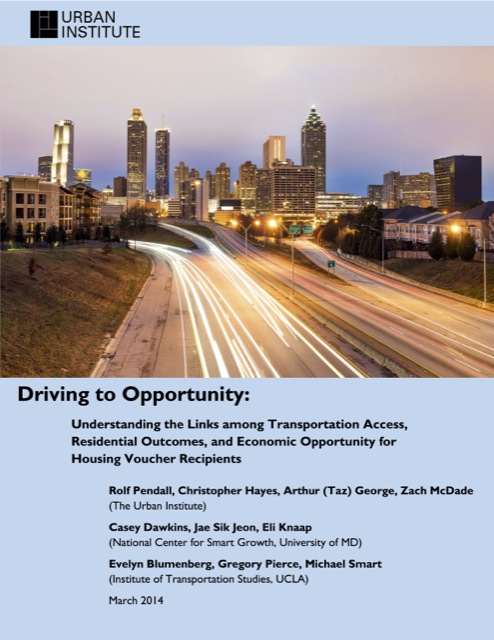The sad events in Ferguson, Missouri are being used by urban planning advocates to popularize their latest cause: suburban poverty. Ferguson is “emblematic of growing suburban poverty,” says the Brookings Institution. “Hit by poverty,” says CBS News, “Ferguson reflects the new suburbs.” According to a Brookings info graphic, between 2000 and 2011 the numbers of central city poor grew by 29 percent while the numbers of suburban poor grew by 64 percent.
There was a time that the suburbs were demonized because only middle-class and wealthy people lived there, leaving poor people in the inner cities. Now that lower-income people are living in the suburbs, the suburbs are being demonized for having “concentrated poverty,” with a distinct implication that wealthy whites have moved back to the cities leaving the undesirable suburbs to the poor and minorities.
The reality is that all demographic classes–all ages, races, and income levels–are growing faster in the suburbs than the cities. The suburbs offer less congestion, lower-cost housing, and often better schools and other benefits over the cities. Instead of turning the movement of low-income people to the suburbs into some kind of crisis, this movement should be celebrated as a success.








